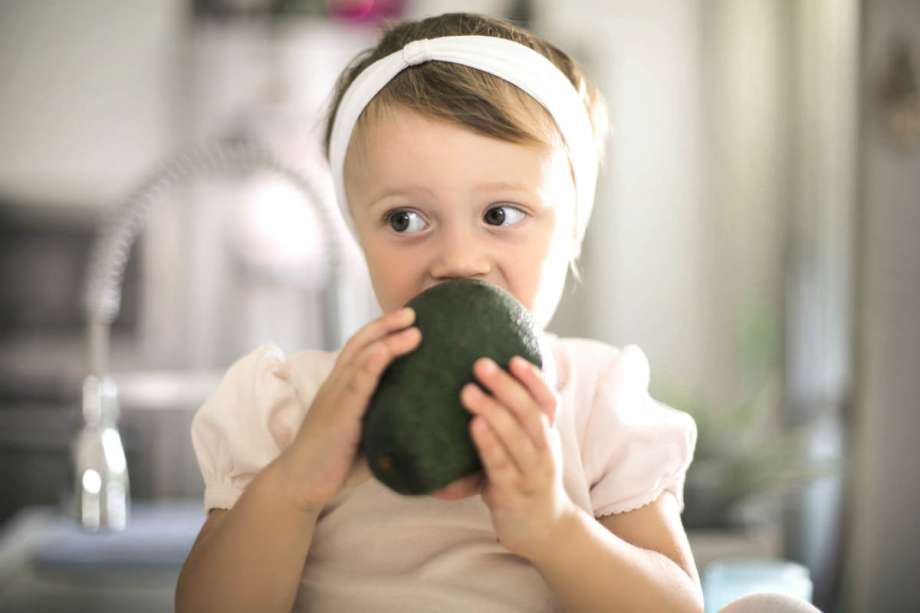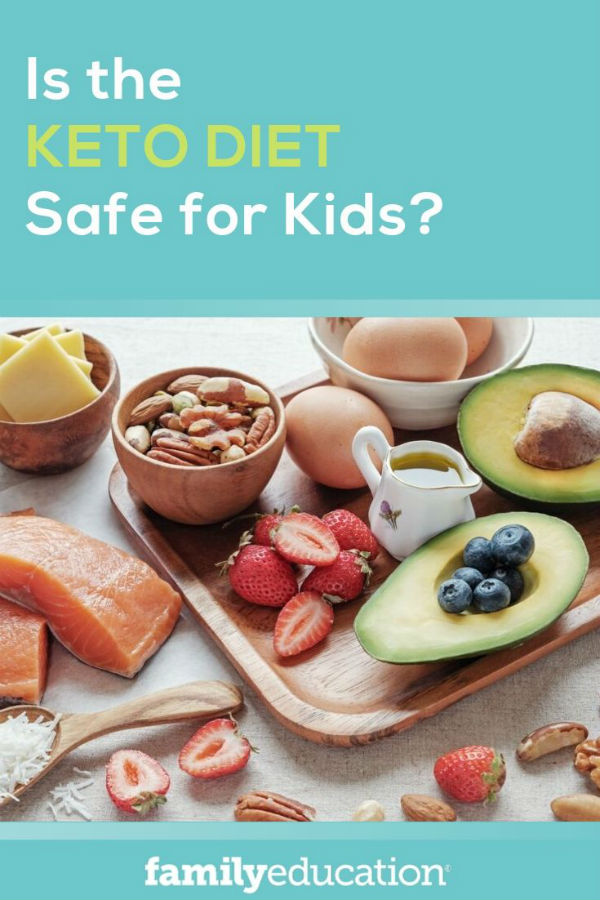Is the Keto Diet Safe For Kids?

Following a ketogenic (AKA keto) diet has become increasingly popular over the years. Following the low-carb, high-fat style of eating has proven to be beneficial with adults in quick weight loss results, and studies have shown it to be beneficial for a wide variety of health conditions. With these touted great results, many parents may want to consider their kids following suit. The question remains: is the keto diet safe for kids?
According to FamilyEducation's Nutrition Expert, Michelle Routhenstein, MS RD CDE CDN, Registered Dietitian Nutritionist and Owner of Entirely Nourished, "I wouldn't recommend kids follow the ketogenic diet unless they have epilepsy and are being monitored closely by a medical professional and Registered Dietitian."
More: Is There a Link Between Processed Foods and Autism?
Don't have time to read now? Pin it for later:

Here is what to consider when thinking about feeding your child a ketogenic diet:
What does it mean to be keto?
According to Healthline, “The ketogenic diet is a very low-carb, high-fat diet that shares many similarities with the Atkins and low-carb diets. It involves drastically reducing carbohydrate intake and replacing it with fat. This reduction in carbs puts your body into a metabolic state called ketosis. When this happens, your body becomes incredibly efficient at burning fat for energy. It also turns fat into ketones in the liver, which can supply energy for the brain.”
So what exactly does a ketogenic diet entail? Here are a few essentials:
- Meat, fatty fish
- Butter, cream, cheese
- Eggs
- Avocados, healthy oils, condiments
On the other hand, here are foods typically avoided:
- Beans/legumes, root vegetables, most fruits
- Grains, starches
- Anything overly sugary, high-carb, or “diet” (overly processed)
Why do people choose to be keto or raise their kids keto?
Many opt to follow a keto lifestyle because it has shown to be an effective way to lower risk factors for disease and lose weight, as outlined in numerous studies:
- Low-carb diets can lower your blood triglycerides
- A low-carb diet can lead to an increase in blood levels of “good” HDL cholesterol
- For those with diabetes and insulin resistance, cutting carbs can lower insulin and blood sugar levels
- A low-carb diet such as keto can be an effective way to lower blood pressure
In addition, keto and low-carb diets have proven in studies to be beneficial for treating children with epilepsy. The same styles of eating are now being studied for their effect on other brain conditions including Alzheimer’s and Parkinson’s disease.
Routhenstein shared: “Research has shown that a ketogenic diet can help control seizures among children with epilepsy. Results are best performed when a registered dietitian who specializes in the ketogenic diet works with the medical team to ensure proper monitoring and patient success.”
The Cons of a Keto Lifestyle
Unlike a vegan or gluten-free diet, it is not as easy to find clearly labeled items that are keto-approved in the grocery store, and it may not be likely that there are dedicated sections in stores for keto-friendly items. However, once you have the hang of shopping for keto, it will become more second nature.
Additionally, the ketogenic diet could cause health concerns down the line on growing bodies, Routhenstein explained: “If a child without epilepsy follows a 50-55% fat diet and reduces carbohydrates to a very dangerous amount (5%) it can impair growth and development, cause GI upset and possible constipation, cause vitamin/mineral deficiencies and can actually promote hardened arteries that lead to heart disease, heart attacks and stroke later in life.”
Parents interested in raising their child with a low-carb or ketogenic diet should also take into consideration social situations such as school lunches, birthday parties, field trips, and playdates. Arming your child, no matter their diet, with information about healthy eating habits from a young age can impact how they view food moving forward.
Routhenstein added: “Our job as parents is to educate and model a healthy relationship with food and an appropriate balance so our children can learn to make healthy choices on their own. We want to create healthy habits from when they are young so they grow into adults who live a healthy lifestyle.”
Taking the time to properly research any diet or style of eating is essential, and it is recommended especially if your child has a brain condition to consult with a health professional such as a dietitian about your child’s eating habits.
Considering what type of diet is healthiest for your child? Read up on these diet fads first:

